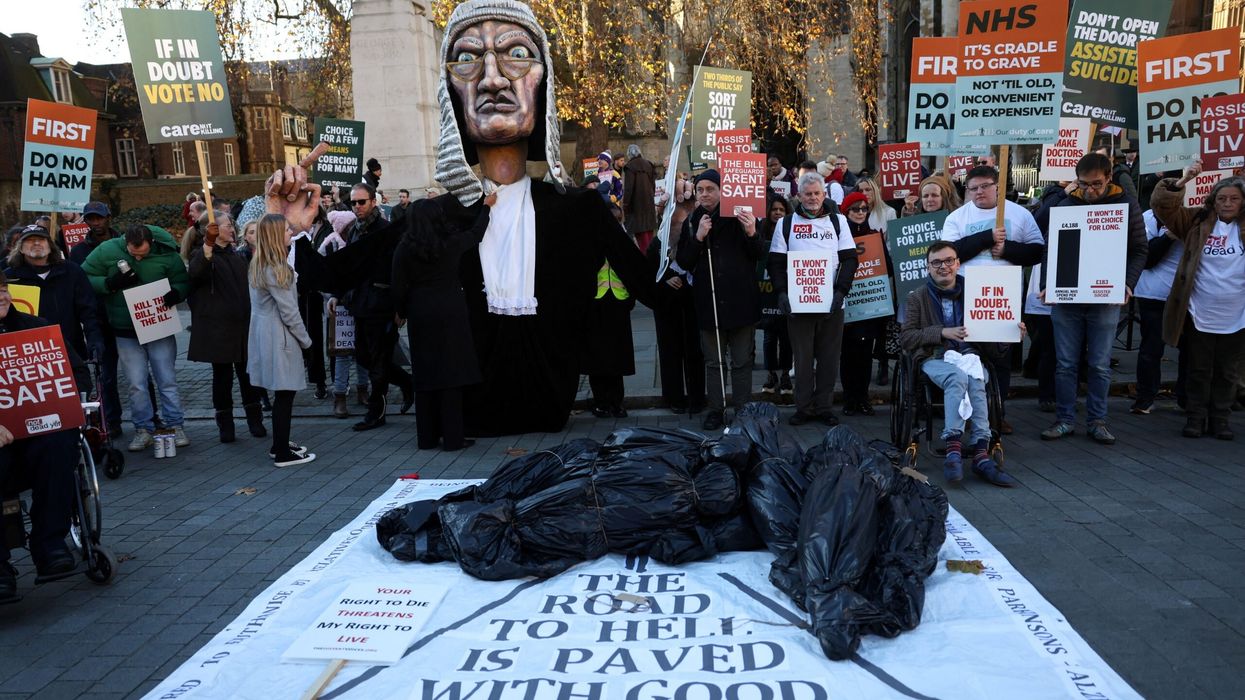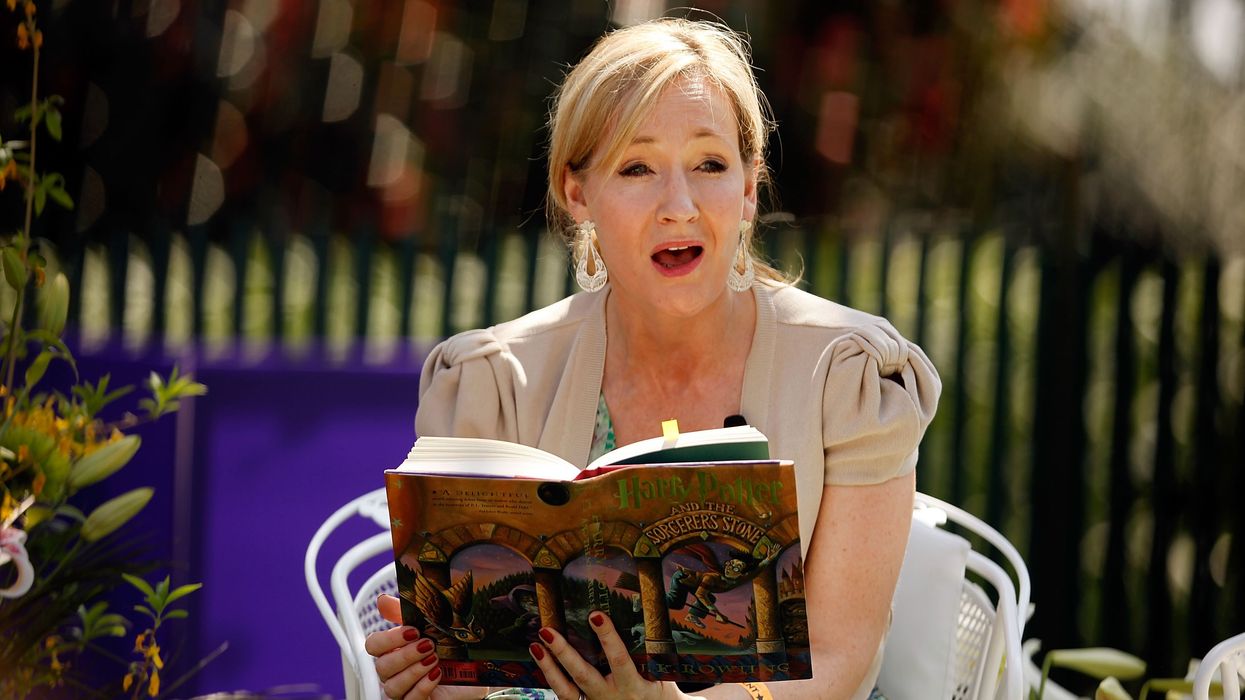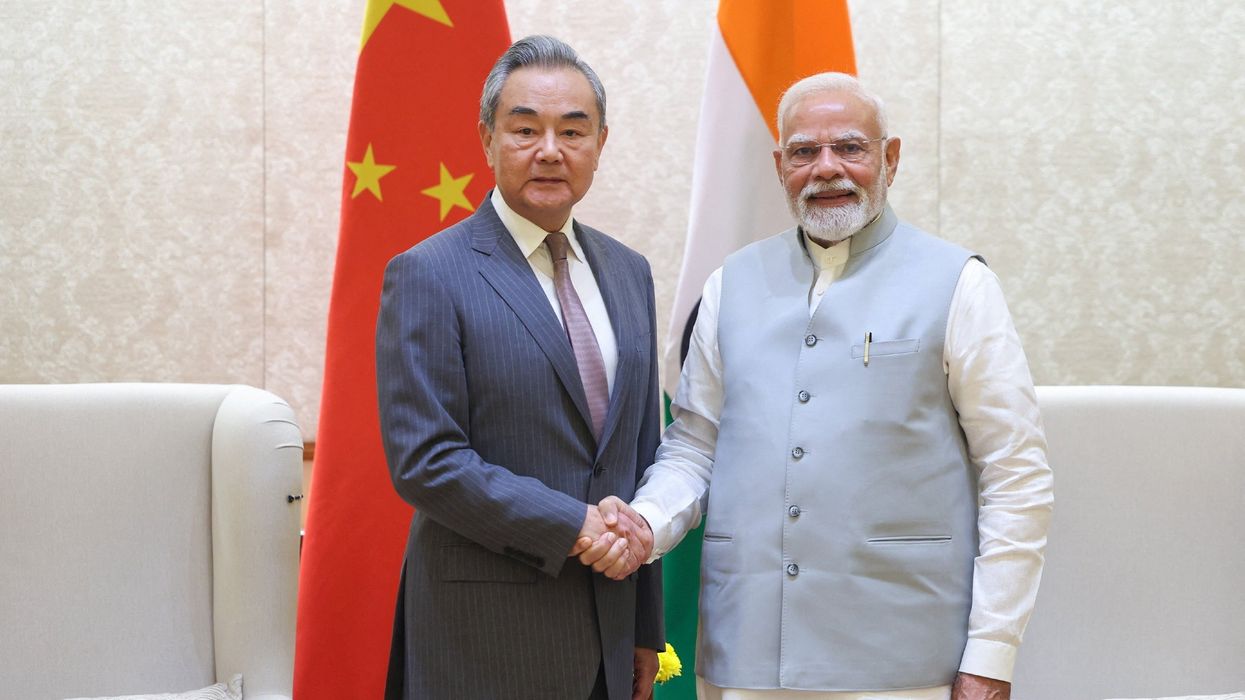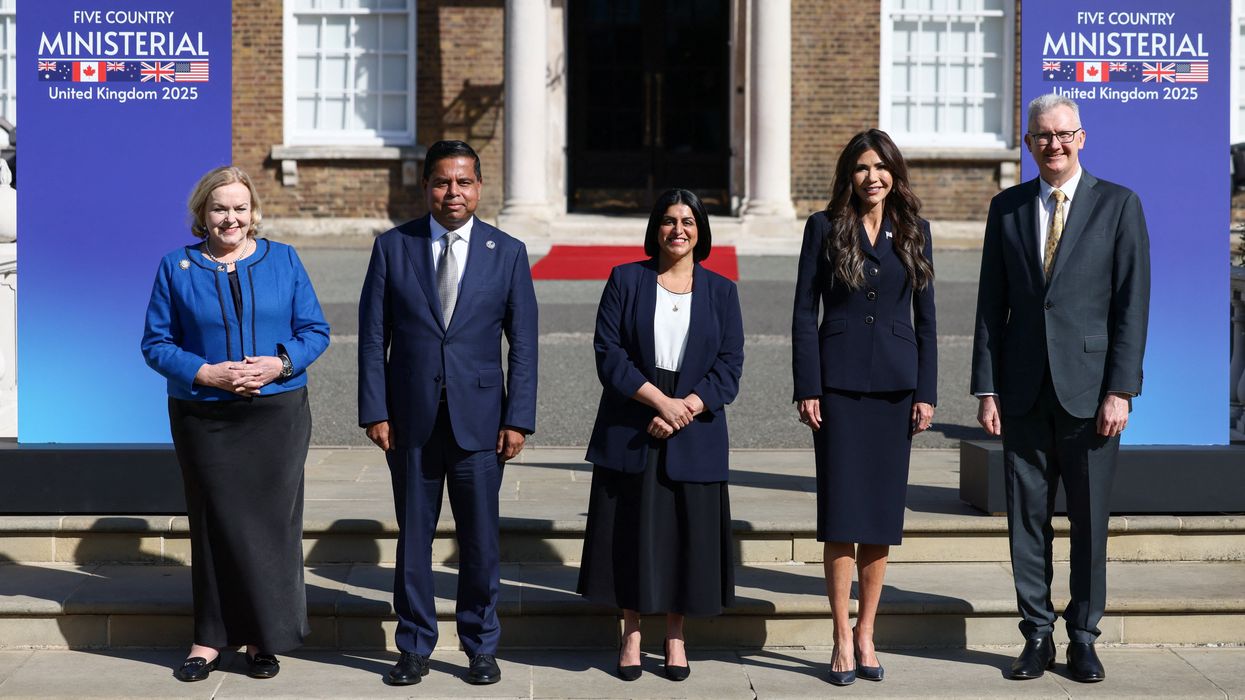by PENNY MORDAUNT
THINK back to when you last hired a car. When you went to pick it up from the lease company, what did you do? Women, I find, tend to check the location and function of the lights, find out where the horn is, work out how to tune the radio, double check the
fuel level and find out which side the petrol cap is on. They adjust the seat and check any accompanying passengers are comfortable.
What do men do? They tend to put the seatbelt on and just drive.
I am generalising, but women and men do think differently. And consequentially making sure women are in the top jobs in Britain’s biggest companies is an issue which has real practical implications beyond the evident issues of fairness and justice.
If we want our organisations or projects to succeed, we had better include women. If we do not then they won’t thrive. We have heard much about the gender pay gap in recent months.
We’ve heard some things about the phenomena that sit behind it – career choices made by young girls; unconscious bias in selection and promotion; the practical challenges and sacrifices made to care for another, and the propensity of women to assume that responsibility; good old-fashioned discrimination and more.
We have heard a little bit about how to tackle those challenges, but we’ve heard practically nothing about why it matters.
Why should we be worried about a lack of diversity in our institutions and organisations? What harm is done if we fail to include different perspectives and ideas?
When companies include more women and have better gender diversity, they are more likely to enjoy profits above their industry averages. Companies in the top quartile for gender diversity are 15 per cent more likely to enjoy profits above their industry
averages.
Work by McKinsey estimates that bridging gender gaps in employment could add £150 billion to the UK economy by 2025.
When women are part of peace negotiations, the resulting treaties are a third more likely to last at least 15 years.
Once solely male organisations that have now opened their ranks to women have become substantially more operationally effective. Every human endeavour depends upon inclusion,
and the fortunes of mankind depend on the talents of womankind.
So it matters to us all that nearly eight out of 10 big UK employers pay men more than they pay women, and only a quarter of FTSE 350 board positions are occupied by women.
Given the challenges facing us in 2018, I don’t think we can wait for gender equality in business leadership until 2043, or even later.
The World Economic Forum predicts it could take more than two centuries to close the global gender pay gap. We need women’s ideas, voices, perspectives, empathy, communication skills, talents and leadership applied to those challenges right now.
Britain has led the world by being the first country to require all businesses with 250 or more employees to publish their gender pay gaps. And people from all sectors are showing leadership to close that gap, many of them men.
Last week I spoke to business leaders from across the country at an event at St James’ Palace in London, hosted by the Duke of York, and organised by the government-backed Women’s Business Council.
As part of their Men As Change Agents initiative, men at the very top of business were invited to champion this agenda, ensure at least a third of their executive-level leaders are women, to sponsor at least one woman within their organisation, and be a change agent encouraging others to achieve better gender balance in business leadership.
These men get it. They understand why this agenda is about an environment in which their
partners, daughters, sisters, and mothers can reach their full potential. And they understand that it is also about every sector, community and our nation being fit for purpose and the best it can be. They understand that it is both right and smart.
Some of our biggest UK companies like Barclays, BT, Deloitte and Sky have already taken action, showing that gender equality is not just a moral imperative, it is good business. I hope others will join them. We need to change the workplace culture and promote shared parental leave – encouraging fathers to take their share, and take action so our businesses and services reflect our nation.
It is in all our interests that this is so. The world, all of us, will benefit when this happens.
Penny Mordaunt is the secretary of state for international development and minister for women and equalities.















 Migrants in a dinghy crossing the English Channel
Migrants in a dinghy crossing the English Channel Sunder Katwala
Sunder Katwala


